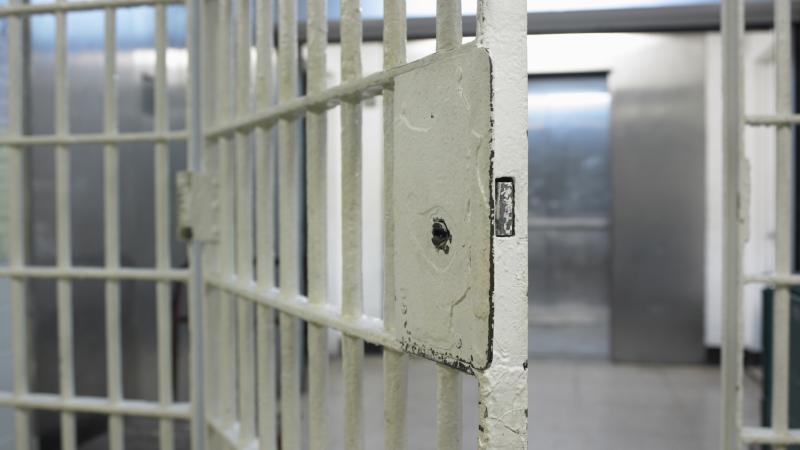Iran to vote for next president, with the frontrunner's win expected to jeopardize nuclear deal
The Iranian presidential frontrunner has been accused of human rights abuses, including mass executions.
Iran is set to vote Friday for a new president, leaving the future of its talks with world powers regarding the Iran nuclear deal uncertain.
Hardline conservative candidate and Iran's Chief Justice Ebrahim Raisi, an ally of Ayatollah Khamenei, appears to be the front runner in the race.
Raisi has signaled he wants to rejoin the 2015 nuclear deal for the economic benefits it gives Iran, according to the Associated Press.
President Trump in 2018 pulled the U.S. out of the multi-nation agreement over concerns Iran was not fulfilling its obligation to curb it nuclear enrichment program, toward to goal of developing a nuclear weapon, in exchange for the easing of economic sanctions.
However, previous belligerent statements by Raisi toward the United States and a record of decades of crackdowns on Iranian dissidents and other alleged human rights abuses make a compromise with the West seem unlikely.
He has been accused of ordering the execution of 5,000 political prisoners in 1988 and the execution of a man in 2020 for drinking alcohol, according to CNN.
Iran and world powers such as the U.S., Germany, France, and Britain have engaged in talks about reviving the 2015 Joint Comprehensive Plan of Action, otherwise known as the Iran nuclear deal in Vienna, Austria, over the past month with no end in sight.
Since Trump pulled out of the deal, Iran has violated all limits to which it agreed under the deal, including enriching small amounts of uranium up to 63% purity and using more advanced centrifuges.
Secretary of State Antony Blinken has warned that if Iran remains unchecked, the time it would take for them to build nuclear weapons would shrink to "a matter of weeks."
Before Friday's election, Iran's Guardian Council disqualified all candidates and parties that were seen as reformist or liberal
Polls suggest a low voter turnout of around 42%, according to Axios.















